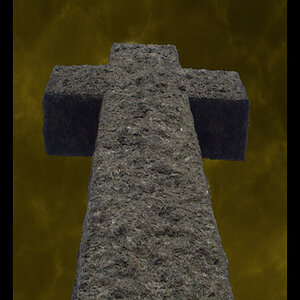newrmdmike
TPF Noob!
- Joined
- May 8, 2006
- Messages
- 2,107
- Reaction score
- 1
- Location
- it varies.
- Can others edit my Photos
- Photos NOT OK to edit
so i'm in thailand, and the outlets are 220v, where they are 120 in the states.
i plug my battery charger in and i could swear it charges faster . . . i don't know much about electricity, can someone tell me if this is possible, true or if i'm losing my mind?
i plug my battery charger in and i could swear it charges faster . . . i don't know much about electricity, can someone tell me if this is possible, true or if i'm losing my mind?




![[No title]](/data/xfmg/thumbnail/41/41755-a922f39cc29ff8f6e66a197508bf99f3.jpg?1619739881)
![[No title]](/data/xfmg/thumbnail/38/38736-5bc266b035e23faf5ad942bdd97466a8.jpg?1619738703)



![[No title]](/data/xfmg/thumbnail/35/35664-428352d20c8015248f9625e246c3581c.jpg?1619737089)




![[No title]](/data/xfmg/thumbnail/30/30887-70db98f68651b2f6c62119e611f707c0.jpg?1619734499)